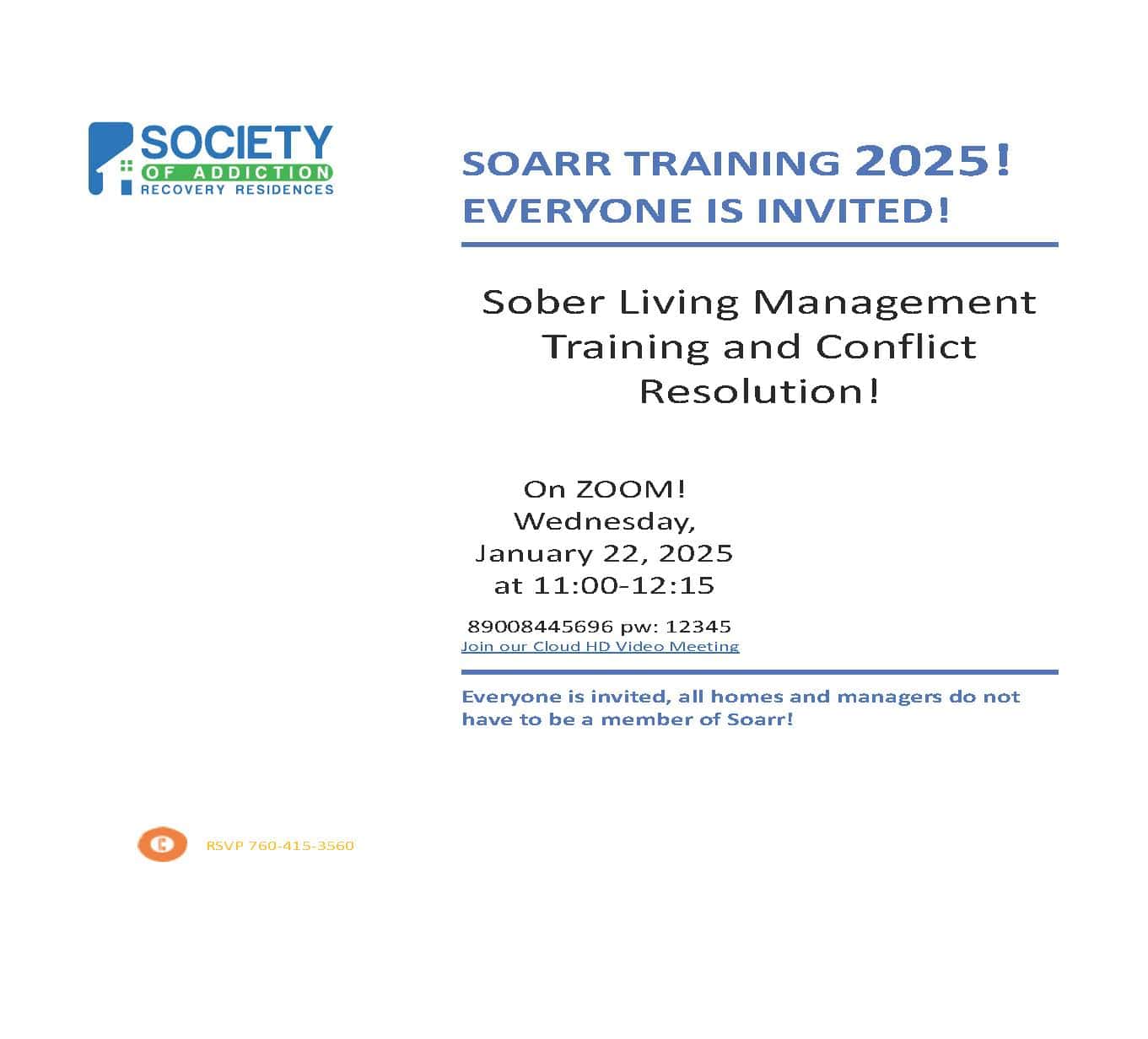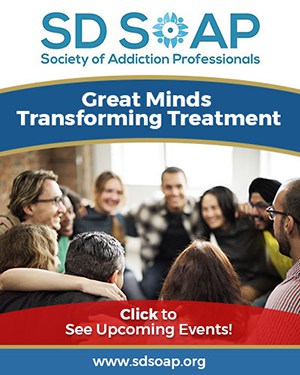A substance use disorder (SUD) care plan is a comprehensive and individualized approach to addressing the complex needs of individuals struggling with substance abuse.
Not every treatment center handles care plans the same, and many rely on a formulaic version of care plans, but today, treatment centers are beginning to take a more whole-person (holistic) view of their role in recovery.
Substance use disorder care plans are typically developed collaboratively between the individual and a healthcare or mental health professional.
Substance Use Disorder Care Plan Basics
Here are some typical vital components that often go into a SUD care plan:
- Assessment and Diagnosis: A good care plan begins with a thorough evaluation to determine the extent and nature of the substance use disorder. This includes evaluating the individual’s physical and mental health and identifying co-occurring disorders. Some people may have been self-medicating certain mental health issues, which may be more apparent as they stay sober longer-term. Continual assessment should be planned.
- Goal Setting: Clear and realistic goals are established collaboratively between the individual and the healthcare provider. These goals may include abstinence, harm reduction, improved mental health, enhanced social functioning, or other specific objectives tailored to the individual’s needs. Many people make therapy and thirty 12-step meetings in thirty days a goal, as well as finding a 12-step sponsor.
- Treatment Modalities: The care plan outlines the specific treatment modalities that will be utilized to address the SUD. This may involve a combination of pharmacotherapy, psychotherapy, support groups, and other evidence-based interventions such as Medication-Assisted Treatment. Staying sober is only part of the plan; there must be education and treatment for substance use disorders like any mental health disorder.
- Medication Management: If medication is part of the treatment plan, details about the prescribed medications, dosage, and monitoring procedures are included. This is particularly relevant for individuals with opioid, alcohol, or other substance dependencies. People in recovery need to take meds precisely as prescribed and on time every day.
- Therapeutic Interventions: Psychotherapy plays a crucial role in SUD treatment, as can peer groups and other modalities. The care plan may include details about the type of therapy (such as cognitive-behavioral therapy or motivational interviewing), frequency of sessions, and specific interventions to be used.
- Relapse Prevention Strategies: Given the chronic nature of substance use disorders, the care plan typically includes relapse prevention strategies. Many people in recovery face a moment where they choose to stay clean and sober or to use substances again. Preventing relapse saves lives. Relapse prevention can involve identifying triggers, developing coping skills, creating a support network, and using harm reduction strategies as backup plans. Anyone who has ever used drugs recreationally should carry Narcan because fentanyl is found in almost every drug and is deadly. Street drugs often have dangers and deadly contaminants in them.
- Continuum of Care: A well-rounded care plan addresses the continuum of care, encompassing various stages of treatment from initial detoxification (if necessary) through ongoing maintenance and aftercare. This may involve transitions between different levels of care, such as inpatient, outpatient, residential treatment, and sober living. Most people try a sober living facility as they begin to rebuild their lives and take on more responsibilities. Read more about how to make sure a sober living facility is safe.
- Ongoing Support: Support services are identified to help the individual navigate challenges and maintain progress. This may include involvement in self-help groups. Most people find that Alcoholics Anonymous or Narcotics Anonymous are essential parts of their plans. They may also want to pursue vocational rehabilitation, family therapy, and other community resources.
- Regular Monitoring and Evaluation: The care plan is a dynamic document regularly reviewed and adjusted based on the individual’s progress. They may want to change it occasionally, so reviewing it every month can help with their future decisions. Regular assessments determine the effectiveness of the interventions.
- Crisis Management: Plans for addressing emergencies or crises, such as a potential relapse or severe mental health deterioration, are outlined to ensure a prompt and coordinated response. Every person in recovery should know who and where to call if they need urgent, including their sponsor or a mental health helpline. Make sure a care plan addresses this.
By incorporating these elements, a substance use disorder care plan aims to provide a holistic and person-centered approach to treatment, promoting long-term recovery and overall well-being. People in recovery do well with plans and structure; during addiction, many lack such planning and ability. People in recovery can reclaim their lives and take responsibility for their daily actions using this plan. Concrete goals also give clients a sense of accomplishment as they continue their recovery program and begin to accomplish new things.
Learn More About SOARR
Join us in our mission at SOARR to support individuals recovery and make a real difference in the lives of people with substance use disorder. Join us at a networking event, learn about our recovering housing or learn more about SOARR by calling us at 619-828-2001
We’re here to continue to set industry standards and make positive change in the lives of people in addiction medicine as well as clients!





